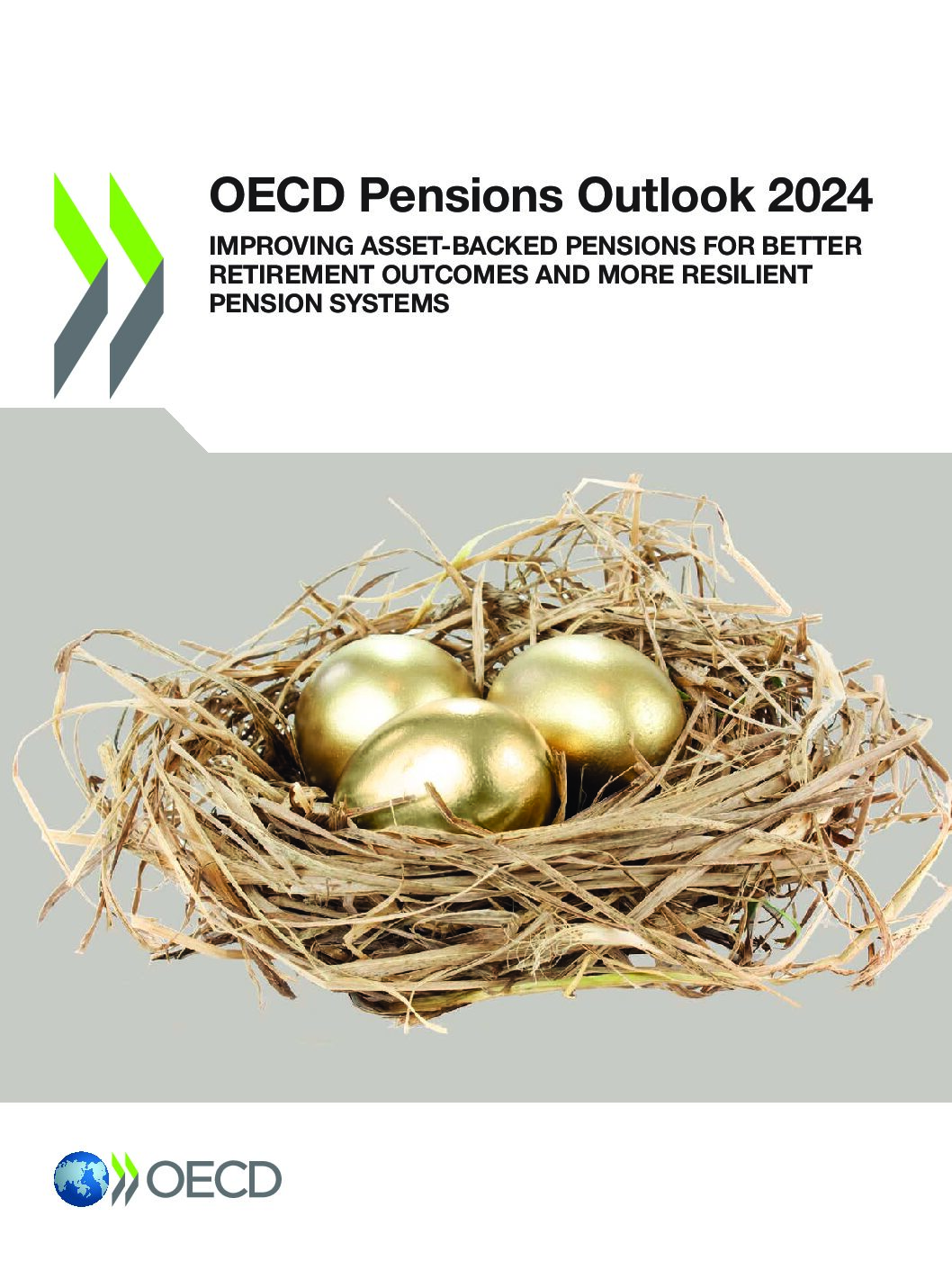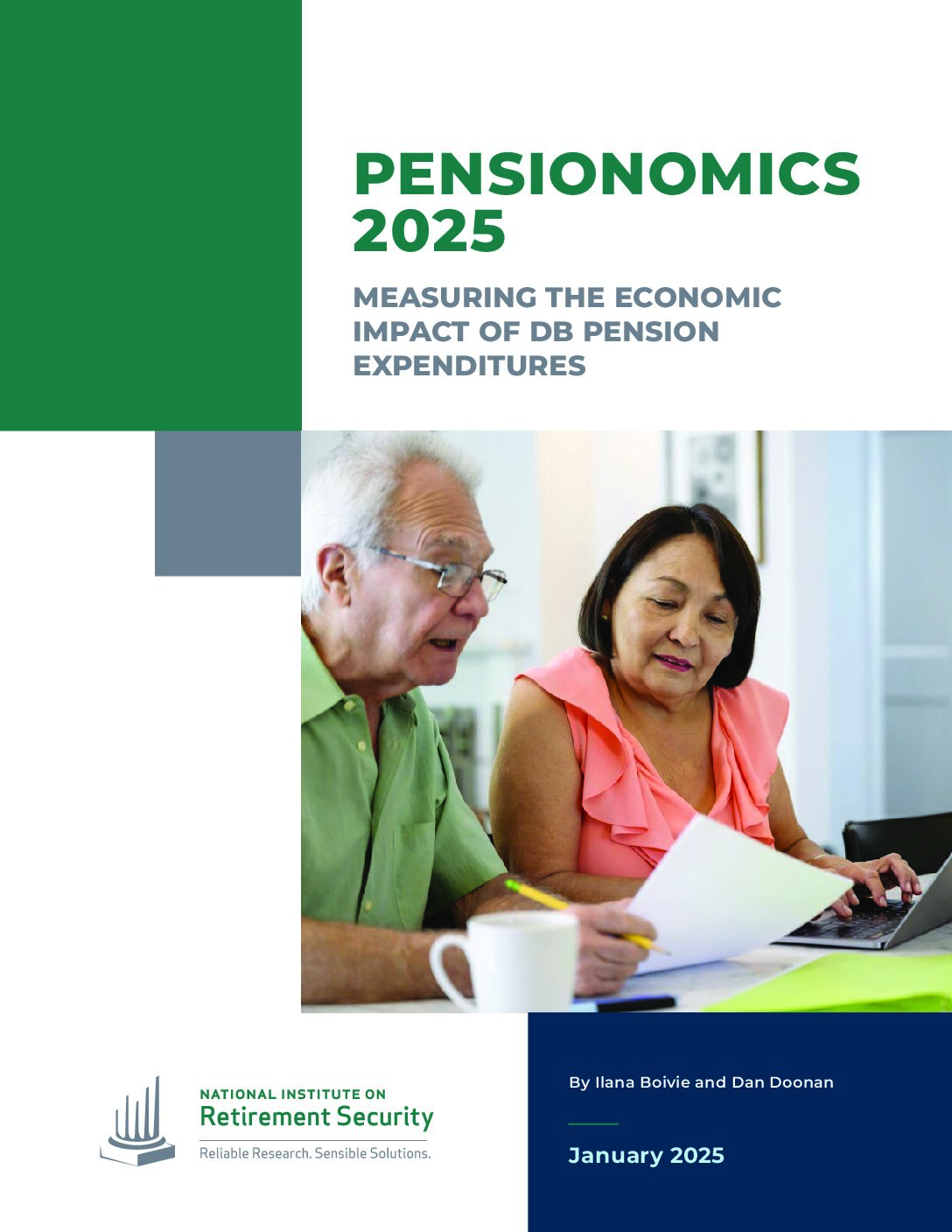“Rethinking Pension Reform: Ten Myths About Social Security Systems”
By Peter R. Orszag & Joseph E. Stiglitz
Averting the Old Age Crisis, the World Bank’s path-breaking publication on pensions, trenchantly notes that “myths abound in discussions of old age security.”2 This paper examines ten such myths in a deliberately provocative manner. Our hope is not only to spur debate during this “New Ideas About Old Age Security” conference, but
more broadly to ensure that policy-makers understand the complexity of pension reform.
It is testimony to the power of Averting the Old Age Crisis that many of today’s myths at least partially emanate from that report’s unmasking of yesterday’s. Yet the rejection of one extreme is not the affirmation of the other, and the pendulum seems to have swung far, perhaps too far, in the other direction. The complexity of optimal pension policy should caution us against believing that a similar set of recommendations would be appropriate in countries ranging from Argentina to Azerbaijan, from China to Costa Rica, from Sierra Leone to Sweden. We are reminded of the joke about the professor who kept the same questions each year but changed the answers. Ironically, that joke may offer us some sound guidance. In response to the question “What should we do about our pension system?” we should be wary of offering a single answer across the globe.
Read the full paper in Columbia Edu










